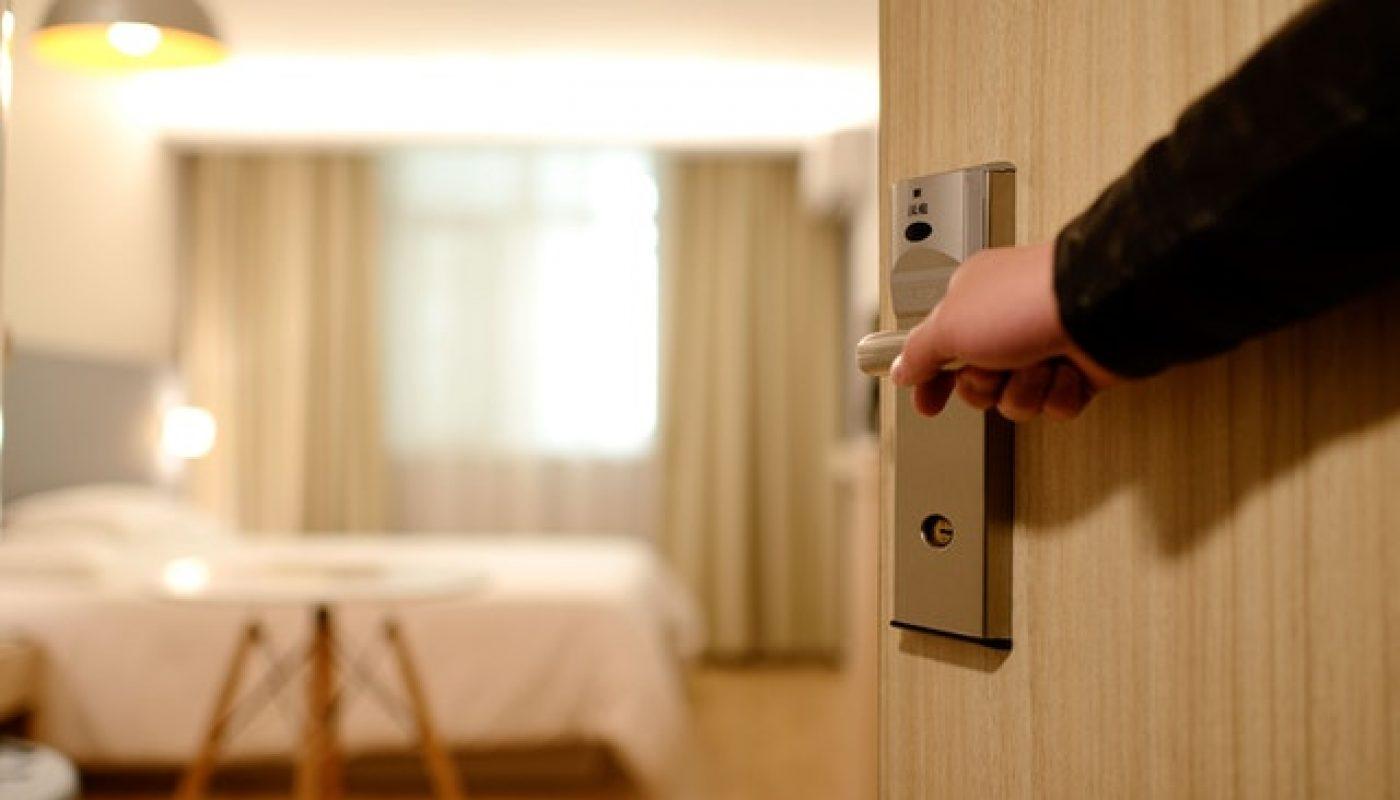Home sharing has disrupted the hospitality industry. People trade in high rents for the divided expense of shared homes, travelers give up hotels for authentic local experiences, and homeowners open their homes to strangers.
Though it slowed in recent years, the home sharing industry is picking back up. And it might be the right time for you to start home sharing.
What Is Home Sharing?
Home sharing is an arrangement wherein two or more unrelated persons live in the same place (e.g. a house, apartment, or dormitory), though each has a private space. It can involve a homeowner and a renter or several people renting a place together.

Benefits of Home Sharing
Home sharing provides many benefits to homeowners and renters. The main advantage is financial. Homeowners earn income from renting out the extra space in their homes. Though expenses might rise because of additional people in the space, profits often offset the costs. Meanwhile, renters save money because they have cheaper rent.
There are also social benefits to home sharing. Homeowners get a chance to connect with other people. This companionship fosters a home-like environment—one that solo dwellers yearn for. Short-term home sharers (i.e. travelers), on the other hand, have access to tips and inside info from locals.
Home sharing is also environmentally friendly. It is more sustainable than most traditional hotels since home sharers typically consume less water and energy and produce less waste. Home sharing is also good for the housing economy; every person housed diminishes the need to construct housing. That also translates to a minimized use of resources.
Is Home Sharing for You?
Although home sharing has several benefits, it isn’t for everyone. It’s a big commitment that requires sacrifice. Homeowners should consider security, costs, time, local regulations, and personal lifestyle. It’s also a good idea to make sure you have some sort of home insurance. Some companies even offer home insurance in Canada that includes coverage for home sharing. Weigh the pros and cons of home sharing to determine if it is right for you.
How To Prepare Your Home For Home Sharing
For those who decide to home share, the first step is to prepare your home, even before you start looking for possible new housemates.
Make Repairs
The best way to entice people to rent your home is to make it aesthetically appealing. That doesn’t mean renovating the entire house. It can simply be repainting walls, repairing cabinets, and fixing hinges on doors and windows.
Look around your home and notice details that might be considered an eyesore, then fix them. The main goal is to make it look clean and functional.
Declutter Your Home
Decluttering your home helps you to be organized for future guests. You’ll be surprised by how much space you can find if you declutter and throw stuff away. It will maximize the square footage of your home for more functional purposes.
Update Your Furniture & Appliances
People considering home sharing options have utility at the top of their checklist for things they’re looking for, especially those who plan to stay long-term. You’ll need to have furniture and appliances that work properly. Which is why as a homeowner, it’s important to prepare these basic amenities.
Replace your worn-out sofa with a modern one, upgrade your old microwave, prepare comfortable mattresses—these are just some of the essentials that should be up-to-date and usable.
Lock Personal Storages
Security is one of the biggest risks that come with home sharing. Even if you find completely trustworthy renters, you should still protect your belongings and valuables.
To do this, lock personal cabinets, drawers, and compartments. Even better, invest in a home safety box for extra security. Keep the keys and combinations to yourself.
Carve Out A Private Space
Home sharing works because of boundaries. Although there are common areas accessible to everyone in the house, homeowners and renters should have their own private spaces.
Decide which area of your home you’re sharing and be prepared to share that space with your renter. This can be a corner of the space (i.e., if you’re in an apartment with no rooms), a single room, or a whole floor. Before your new housemate comes in, do what you can to make the area private for them. You can do this by soundproofing the walls, installing blinds or curtains, and installing locks.
Mark Accessible (and Off-Limit) Areas
Sharing your home shouldn’t come at the cost of losing your private space. It is, after all, your home. In creating a shared space, you should mark the common areas open to everyone (the kitchen, the living room, etc.) Also, identify personal spaces such as your master bedroom, master bathroom, and home office that are off limits to other guests.
Inform the Necessary People
Depending on the rules of your government, you might have to obtain permits to home share. Check with local authorities about the requirements and make sure to abide by local laws.
Also, inform your neighbors (and neighborhood council, if any) that you are home sharing.
What Else Do I Need to Prepare For Home Sharing?
You must prepare yourself for home sharing. Before opening your home, ask yourself: Are you willing to live with strangers? Are you ready to compromise with others? Are you comfortable sharing more than just space?
If you decide that home sharing is right for you, then it’s time to post that listing!





